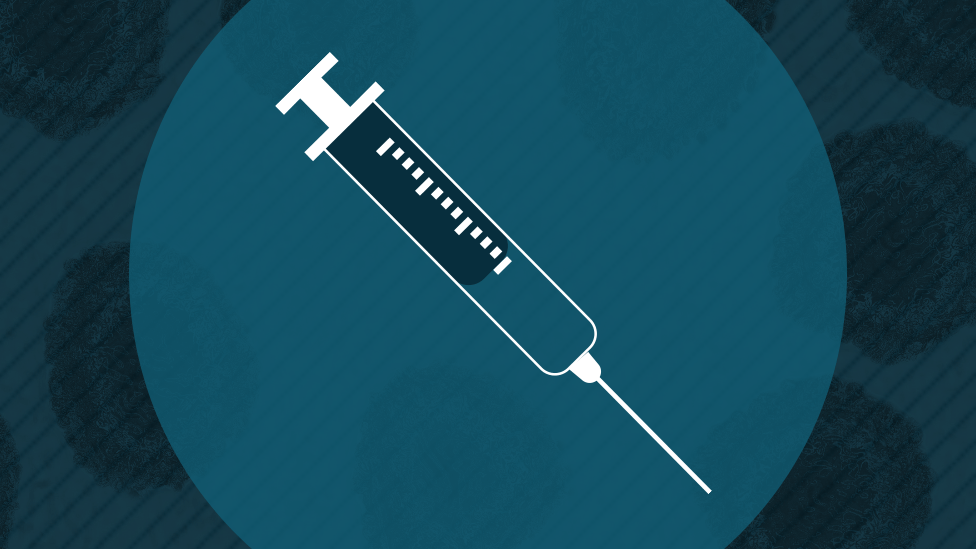Coronavirus: PSNI say measures enforced 'only if absolutely necessary'
- Published
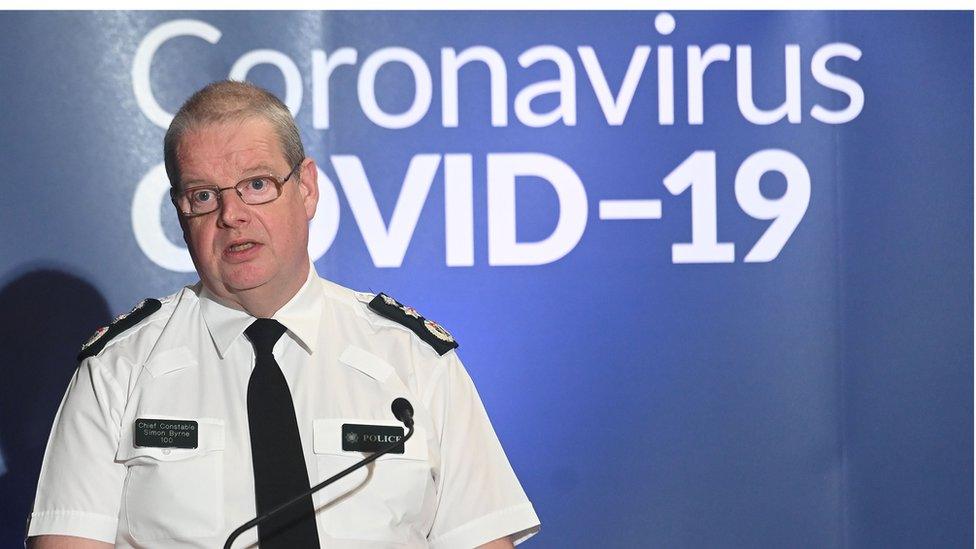
Simon Byrne said officers will "enforce where necessary when people do not listen and put others at risk"
Police will use new laws to enforce coronavirus-related restrictions on public life only when "absolutely necessary", the chief constable has said.
But Simon Byrne said officers will issue a £60 penalty to those failing to comply with the measures if required.
Fines will rise to £120 for a repeat offence and double thereafter, he added.
The regulations were published, external on Saturday.
They include the ability to force businesses to shut and crack down on people who leave their homes without a "reasonable excuse".
Penalties, ranging from fixed penalty notices to fines of up to £5,000, have been introduced as enforcement.
The maximum fine will be reserved for businesses but people could face a maximum fine of £960 if they do not comply.
Mr Byrne said officers will "engage with the public to encourage voluntary compliance and explain why dispersal is vital to reduce the spread of this virus".
He said officers will "enforce where necessary when people do not listen and put others at risk".
"We will only do this when it is absolutely necessary," he added.

EASY STEPS: How to keep safe
A SIMPLE GUIDE: What are the symptoms?
CONTAINMENT: What it means to self-isolate
HEALTH MYTHS: The fake advice you should ignore
MAPS AND CHARTS: Visual guide to the outbreak
VIDEO: The 20-second hand wash

The new regulations bring Northern Ireland into line with the rest of the UK.
The regulations say easonable excuses to leave the home include to obtain necessities, such as food and medicine; exercise; to seek medical help; to provide care or assistance to a vulnerable person; to donate blood; and to travel for work, where it is not possible for that person to work from home.
These are consistent with previously announced guidelines, with Justice Minister Naomi Long saying the new regulations are "not a new direction in terms of what people should and shouldn't do".
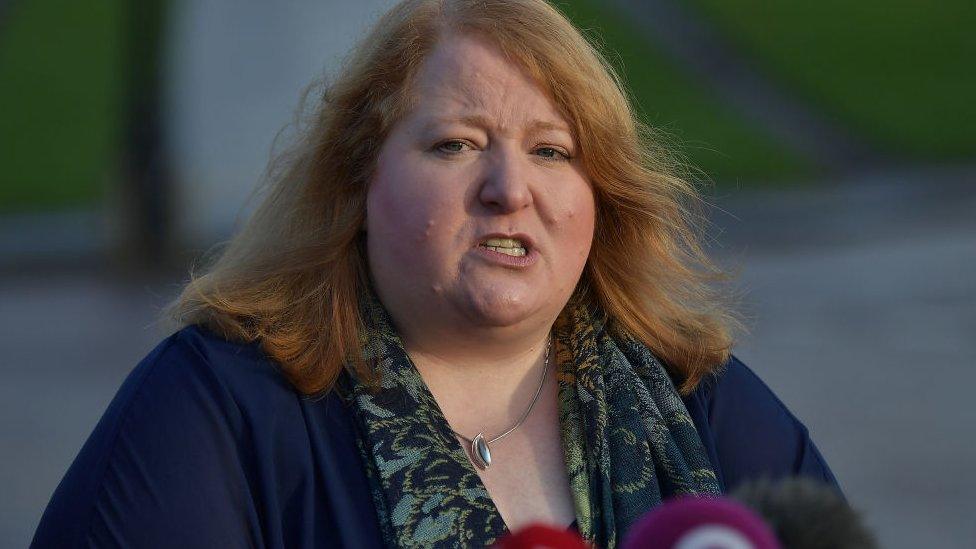
Justice Minister Naomi Long said the regulations were not a "new direction" on what people should and should not do
Mr Byrne said everyone has a personal responsibility to follow the NI Executive regulations and do everything possible to stop the spread of Covid-19.
"Officers will apply their discretion and will ask questions to establish individual circumstances," he said.
"We will instruct people to return home if they do not have a reasonable excuse to be out of their house."
He said there would also be a "change of police style and approach at tourist locations and local open areas to encourage people to adhere to the regulations".
"The new powers mean that if a person commits an offence of failing to comply with any such direction or restriction imposed on them without reasonable excuse, officers will consider an appropriate disposal. That may initially be advice and guidance or a Community Resolution Notice (CRN)," Mr Byrne said.
"However, if required police will enforce this legislation and issue a penalty notice of £60. The issuance of a PND in the first instance is not in itself a criminal offence - the police do not want to criminalise people, we simply want to ensure that people follow the regulations."
The £60 fine can fall to £30 if paid within 14 days.
"If a person has already received a fixed penalty notice, the amount will increase to £120 and double on each further repeat offence," the chief constable added.
Two more people died in Northern Ireland on Saturday after testing positive for coronavirus.
It brought the total number of deaths in Northern Ireland to 15, with 324 confirmed cases.
On Friday night Taoiseach (Irish Prime Minister) Leo Varadkar introduced a mandatory order for everyone to stay at home for a two-week period until 12 April, apart from certain exceptions, across the Republic of Ireland.
Mr Varadkar also introduced shielding or 'cocooning' for all those over 70 years of age and certain categories of people who are vulnerable to Covid-19 in the Republic.
'We will use every power we have'
First Minister Arlene Foster described the powers as "extraordinary" but said "we are living in extraordinary times".
Deputy First Minister Michelle O'Neill said "protecting the public, supporting the health service and saving lives" were the executive's priorities.
Health Minister Robin Swann said that the new powers were "an essential component of the strategy to tackle the pandemic and will ensure a consistent approach across the four regions of the UK".
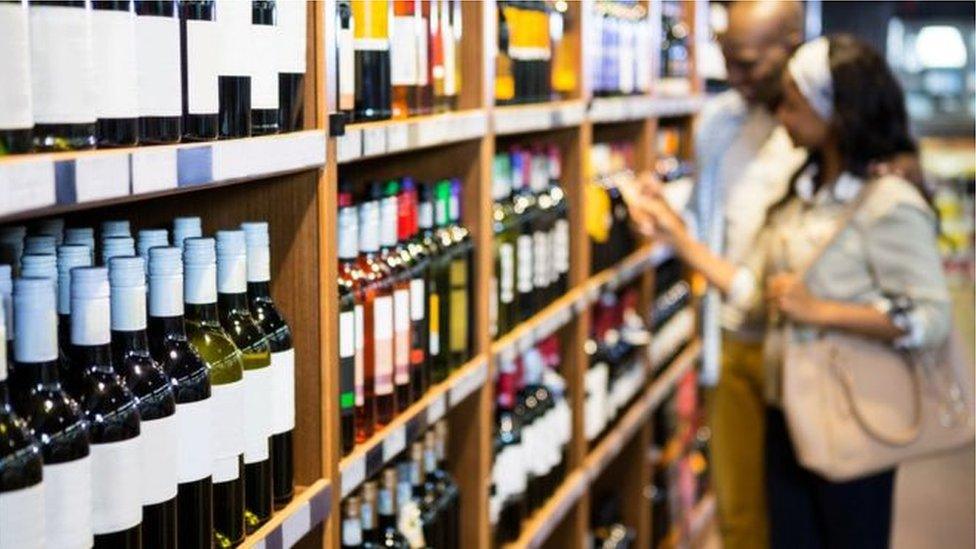
Off licences have been added to the list of essential businesses and are now allowed to stay open
New guidance has also been issued on which businesses can stay open and which must stay shut, with off licences now allowed to continue to operate.
A previous list issued by the executive on Tuesday did not include off licences among businesses allowed to open, unlike the rest of the UK.
Some people had expressed concern, including SDLP assembly member Matthew O'Toole who wrote to ministers saying that "responsible drinkers were entitled to have a drink" and that those with alcohol problems could lose access to drink, leading to extra pressure on the health service.
The executive has also agreed that:
Anyone who can work from home must work from home
Employers must facilitate working from home where it is feasible
No employer should compel an employee to come to work if it is feasible to work from home
Every employer must take all reasonable steps to safeguard the health, safety and wellbeing of employees during the COVID-19 emergency, whether working from home or in the workplace
Every employer must have particular regard to the safety of employees in the workplace and must put into effect the guidance on social distancing issued by the Department for the Economy
Every employer has a legal duty to ensure, so far as it is reasonably practicable, the health, safety and welfare at work of all employees
Where a business is failing to observe the Department for the Economy guidance and breaching the legal duty on health and safety, the statutory authorities will take robust action, which may include prosecution for criminal offences
Where necessary, the Executive Office will also use its power of direction to close or restrict businesses that do not ensure the safety of their employees.
- Published28 March 2020
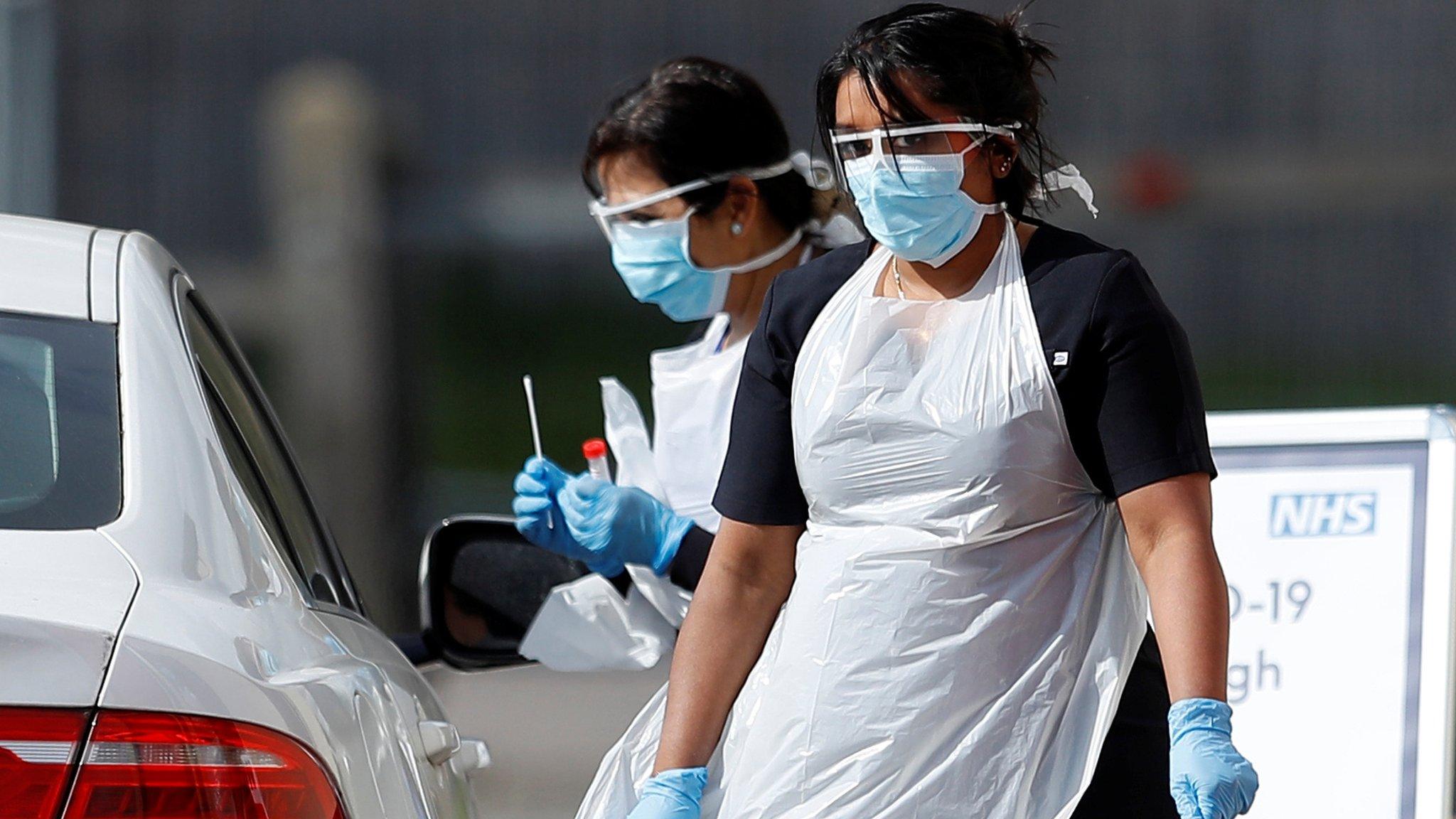
- Published3 May 2022

- Published6 October 2021

- Published28 May 2021
